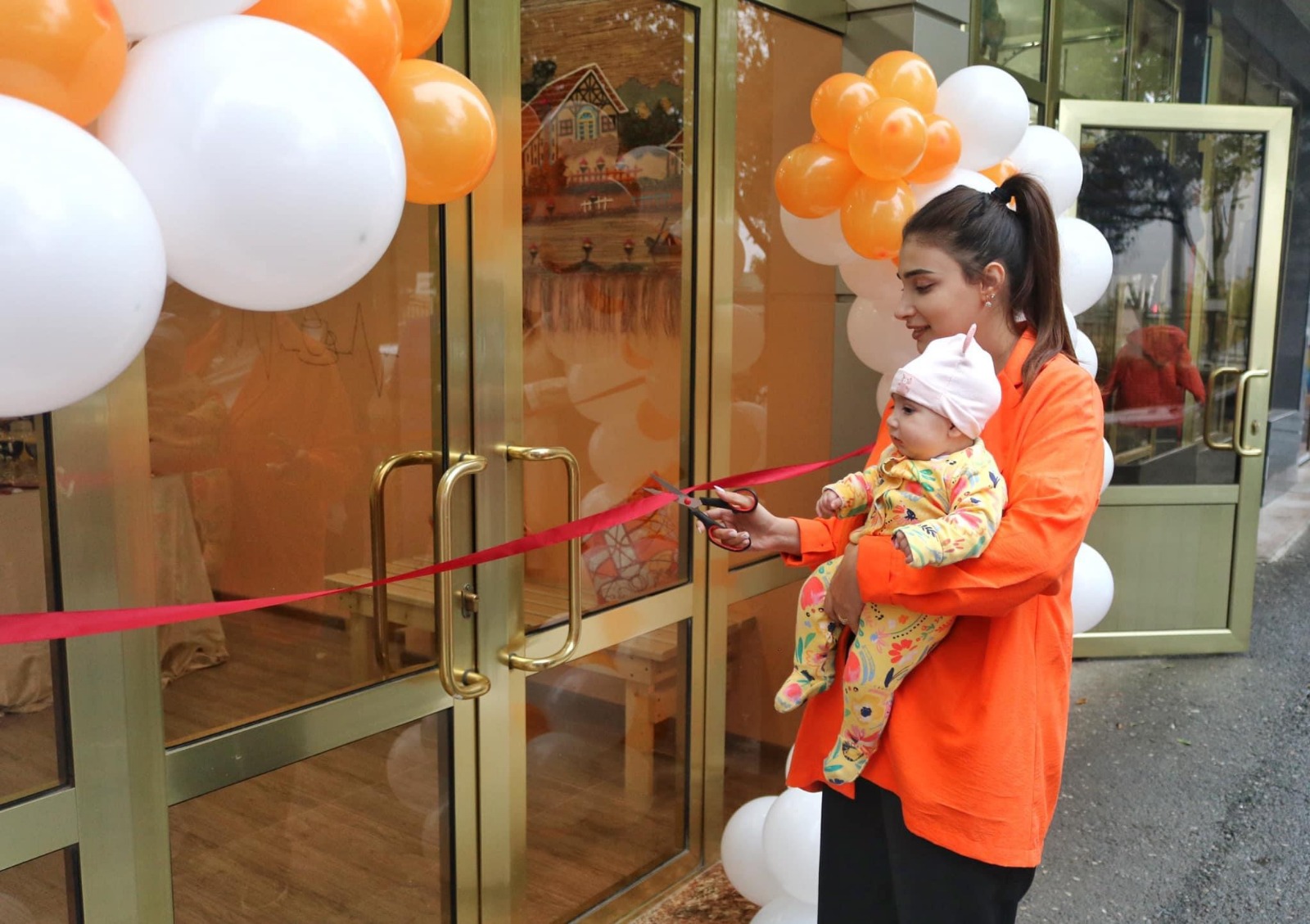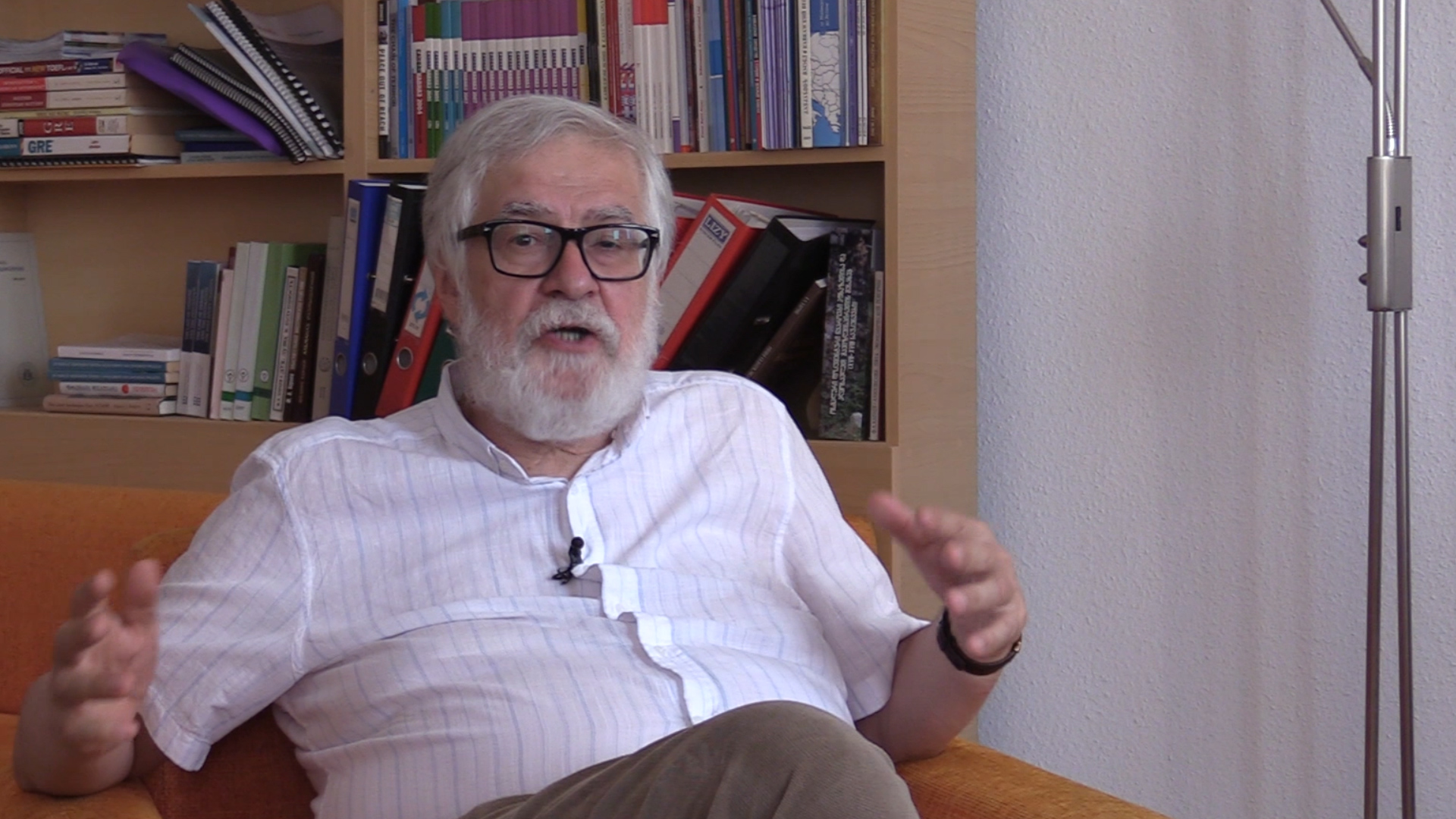The difficulties faced by our fellow citizens forcibly displaced from Artsakh. Entrepreneurs, in starting a business in Armenia, are mainly related to initial investments, space rental, and product sales. They expect a little attention from the state. At least measures aimed at promoting small businesses. In the case of Artsakh residents, this is a great opportunity to alleviate the social burden. It also will contribute to the economic development of the Republic of Armenia.
Alvina Gabrielan’s cafe and pastry from Artsakh
“A Piece of Happiness” — that’s what Alvina Gabrielyan called her small café and pastry workshop in Artsakh , Stepanakert. It brought joy to the people of Artsakh for nearly a year with its sweet treats. In the final months of the blockade, however, the business became a simple bread-making station — as bread had become essential for survival.
In September 2023, Alvina was forced to leave Artsakh . “After the displacement, we settled in Yerevan. We have a strong desire to reopen our small workshop. My team is waiting for good news, but that news keeps getting delayed,” she says.
The main challenges for Artsakh ‘s displaced businessmen
According to Alvina, the main challenge of their business now is finding an affordable and suitable space that can serve as both a workshop and a café. “We’ve been searching for about nine months. We’ve found a few places that would work, but the prices are unbearably high — far beyond our means.”
On top of that, she explains, they need new equipment and refrigerators, which require additional investment. “Almost all our savings from Artsakh have been spent on renting a home. We paid deposits, and covered basic living expenses.”
Despite the difficulties, Alvina actively participates in fairs, exhibitions, workshops, and networking events. But she firmly believes that if the Armenian government paid more attention and provided structured support to small businesses run by displaced Artsakh residents, they could get back on their feet faster. They can turn their work into a sustainable source of income not only for themselves but also as a contribution to the country’s economy.
Irina Hayrapetyan





